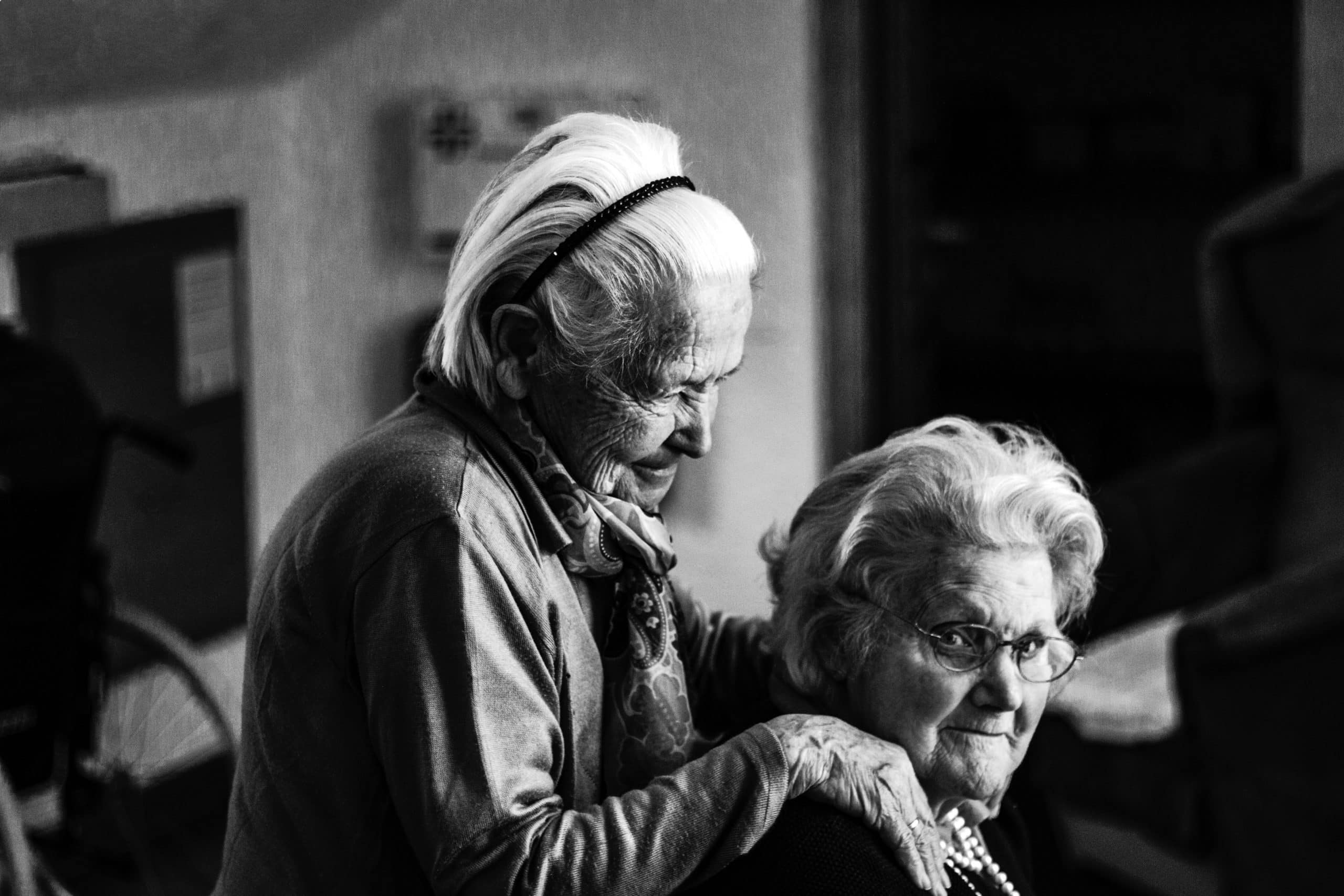
Types of Elder Abuse: Signs of Nursing Home Abuse and Other Forms of Abuse
Important: When any signs of elder abuse are detected, Adult Protective Services should be contacted. Adult Protective Services is operated by county governments, similar to Child Protective Services. Reach your county office for Adult Protective Services’ contact information.
Elder abuse is a devastating and common problem in the United States, affecting one in ten Americans over the age of 60 who live at home. In nursing homes, this rate of abuse is even higher. An estimated 5 million American elders are abused each year, through one of the five forms of elder abuse. If you have an elderly relative residing in a nursing home, it is important to know what signs of abuse to look for in order to stop abuse in its tracks.
Physical Abuse
Physical abuse occurs when a caregiver or other person intentionally hurts or injures an elderly person through physical force, such as hitting, kicking, slapping or burning. In less severe cases of physical abuse, you may notice bruises or cuts on the elderly person that cannot be explained. Constant bruises or cuts is always something that should be investigated, especially if your elderly loved one has dementia or Alzheimer’s disease.
In more severe cases, the elder may end up in the hospital. If your loved one is taken to the hospital, listen to any medical advice from the doctors and nurses, who are trained to detect signs of abuse.
In rarer cases, physical elder abuse can cause death. For this reason, it is important to be watchful for signs of bruises or cuts, as less dangerous abuse can sometimes be a precursor to fatal abuse.
Report any signs of physical abuse to Adult Protective Services, even if you do not have proof. It is better to be cautious and have the professionals investigate.
Sexual Abuse
Sexual abuse is unwanted or forced sexual contact of any kind, as well as sexual harassment. This can be either physical or verbal in nature and could be caused by another resident or a staff member at the nursing home. As a loved one or relative, it’s difficult to identify this type of abuse, but it is very important to listen to your elderly loved one about any unwanted or forced sexual contact or harassment.
In addition, you can look for non-specific signs of abuse, such as withdrawing from regular activities, losing weight without reason, seeming agitated or displaying signs of trauma, like rocking back and forth. If you notice any of these signs, try talking to your loved one. If you are unable to have a lucid conversation with your loved one, contact Adult Protective Services. You do not need proof to have an expert investigate.
Emotional or Psychological Abuse
Emotional or psychological abuse is characterized by verbal or nonverbal actions that cause mental or emotional distress to an older adult. Emotional and psychological abuse can include disrespect or openly shaming a person, threats to a person’s safety or systematic isolation from loved ones. If your loved one mentions any verbal or nonverbal abuse, take it seriously, even if your loved one claims that it is not serious. If your loved one suddenly stops wanting visits, this can also be a sign that emotional abuse is occurring.
Always report suspected emotional or psychological abuse to Adult Protective Services. This abuse can cause severe mental stress for your loved one, or can escalate to physical abuse.
Neglect
Neglect is a common form of elder abuse. Neglect is any failure to meet an older person’s basic needs including food, water, clothing, medical care, hygiene and a safe place to live. Signs of neglect may include:
- Sudden or dramatic weight loss
- Appearing unwashed or other signs of poor hygiene
- Bed sores or other physical signs of lack of care
- Hazardous or unsafe living conditions
- Medical symptoms caused by failure to take important medications
If you notice any of these signs and your elderly loved one is in a nursing home, report it to Adult Protective Services. If a loved one is being cared for by a family member or friend at home, reach out to the caregiver to offer additional support or direct the family member to resources. Overwhelmed caregivers may cause unintentional neglect, but the situation must be addressed for the good of the older person.
Financial Abuse
Financial abuse is the improper or unauthorized use of an elderly person’s money, assets or benefits. Sometimes financial abuse is caused by family members who are authorized to make financial decisions, but use an older person’s assets for their own personal gain rather than care of the elder. On the other hand, financial abuse can also be caused by strangers or unauthorized persons who have obtained illegal access to an elderly person’s financial information.
Signs of financial abuse include unexpected eviction notices for apartments or homes or sudden decreases in financial reserves. Unpaid bills can also be a sign of financial abuse. If you notice any of these signs either for a person in your care or in a neighbor or friend, report the abuse to Adult Protective Services for investigation.
If an elderly loved one has been the victim of any elder abuse, especially in a nursing home, you may be entitled to compensation. At James F. Humphreys & Associates, L.C., we know that elder abuse is deeply difficult and will treat you and your case with the care you deserve. Give us a call at 304-303-5510 or fill out our online contact form today for a free consultation.
